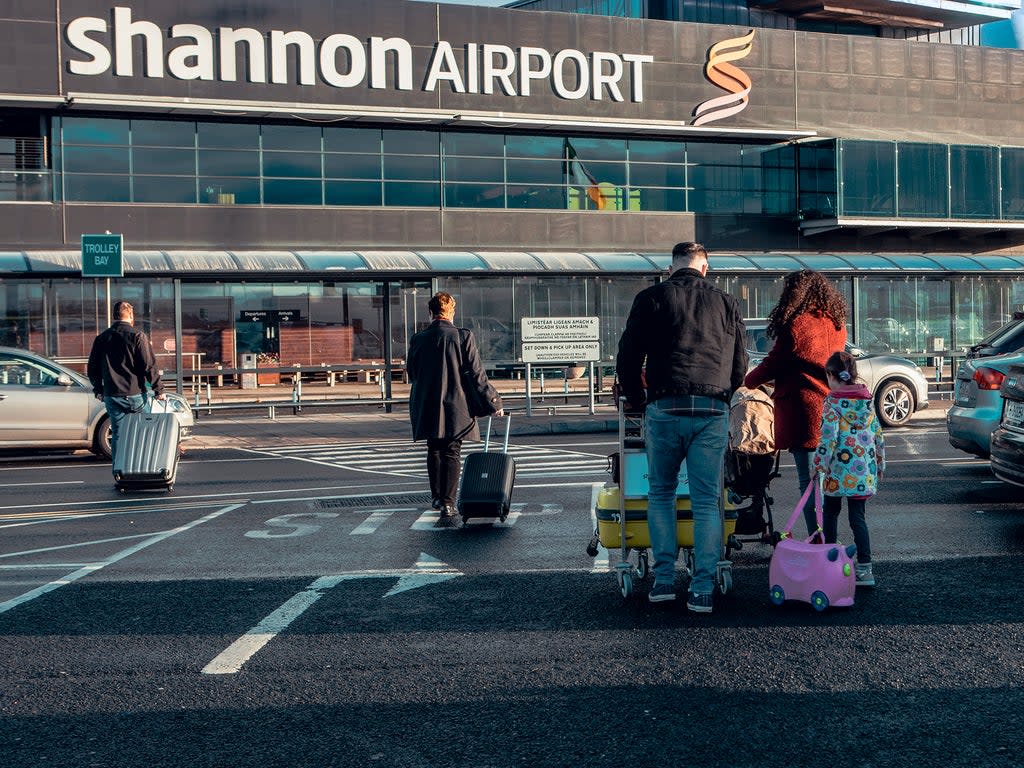Liquids rule for hand luggage scrapped by leading Irish airport

Sixteen years after the “liquids rule” was introduced for airline passengers’ cabin baggage, a leading Irish airport has dropped the 100ml size restriction on containers.
Shannon airport in the west of Ireland now allow passengers to take “liquids, gels, pastes, lotions and cosmetics in containers of any size through the passenger security point”.
The airport spells out that “water, baby food, medicines and other beverages, aerosol cans and toiletries like toothpaste, shaving cream, hair gel, lip gloss, and creams” are exempt from size limitations.
The liquids must be in resealable containers, and Shannon specifies: “When passing through the passenger security point, you must place the cabin bag containing liquids, at the very top of the items within your security screening tray to anchor down any other items such as coats and belts onto your screening tray.”
Passengers are warned that other airports still restrict the size of liquid containers. Shannon has busy links to the UK on Ryanair and to the US on Aer Lingus.
Shannon was the first airport in the world with a duty-free shop, which opened in 1947.
At other airports duty-free drinks purchases are frequently confiscated at security checkpoints from passengers unaware of the rules.
The ban on liquids, aerosols and gels – known in aviation as “lags” – was brought in during 2006 following a foiled plan to blow up planes.
The plot involved assembling bombs in flight from ingredients brought through airport security. Global regulations currently ban anything that can vaguely be classed as a liquid except in containers under 100ml.
The rules are intended to prevent terrorists bringing liquids on board a plane in sufficient quantities to be able to carry out the plan of improvising an explosive device.
Laptops are also regarded as suspect because of fears that explosives could be concealed in them. At UK airports, passengers must place computers and iPads, as well as liquids, in separate trays to ensure they can be examined more closely.
In June 2019, Heathrow airport announced a £50m investment in high-tech kit that use the same technology as medical scanners – computed tomography (CT) – to assess whether any substance presents a threat.
The airport said: “When fully deployed, the equipment could end the need for passengers to remove their liquids and laptops from cabin baggage when passing through security.”
The Department for Transport (DfT) later said all major UK airports must have the technology by 1 December 2022.

 Yahoo News
Yahoo News 
